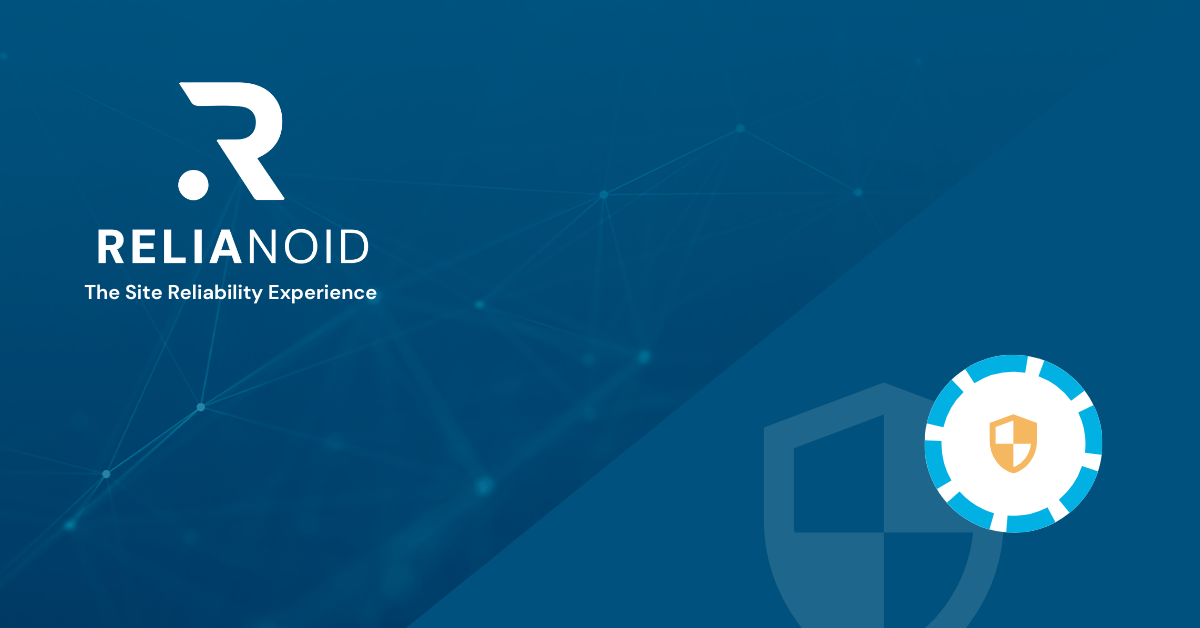In recent times, the global landscape has witnessed a surge in cybercrimes across various industries. While regulatory bodies are making strides to curb these threats, it is abundantly clear that no business or industry can ever achieve complete immunity from the ever-evolving threat landscape. In this light, proactive measures are essential, and having a robust cybersecurity strategy in place is paramount. This is precisely where Information Security Audits come into play. By establishing a robust defense against cybercrime, these audits can deter a significant portion of potential threats, bolstering the overall security of a business’s infrastructure and operations. In this article, we delve into 10 reasons why Information Security Audits are indispensable for businesses. But before we explore these reasons, let’s gain a clear understanding of what an Information Security Audit entails.
What is an Information Security Audit?
An Information Security Audit is an evaluative process that assesses an organization’s existing security practices. It serves as a means to gauge the effectiveness of the defense systems in place against potential threats. Typically encompassing vulnerability scans, penetration testing, network assessments, and more, this audit identifies vulnerabilities and security gaps within IT systems. The audit encompasses administrative, physical hardware, software applications, and network evaluations, providing the organization with insights into its current security posture.
Prominent Information Security Audit Standards
To meet the increasing demand for robust IT security standards, regulatory bodies and governing entities worldwide have established comprehensive Information Security Standards. While some standards are broad and apply across the entire IT industry, many are industry-specific. Here is a list of some widely recognized Information Security Audit Standards:
ISO Compliance: The International Organization for Standardization (ISO) provides guidelines to ensure the security, reliability, and availability of IT infrastructure. ISO/IEC 27001, renowned for its Information Security Management system requirements, stands as a globally accepted standard for Information Security.
HIPAA Security Rule: HIPAA Compliance, including the Security Rules, prescribes methods and techniques that organizations must adopt to safeguard patients’ Personal Health Information (PHI) or Electronic PHI (ePHI).
PCI DSS Compliance: Applicable to organizations handling customer payment card data, this standard is designed to secure payment card data during online transactions.
Importance of Information Security Audit
Information Security Audits play a pivotal role in identifying vulnerabilities and security risks within an organization’s IT infrastructure. These risks extend beyond system security to encompass the security of critical business operations. Here are compelling reasons why Information Security Audits are essential and should be a regular practice for businesses aiming to enhance their security and compliance:
1. Determines the Current Security Posture
Information Security Audits offer clarity about an organization’s current security status, providing insights into the effectiveness of existing security measures. Audit reports detail findings, pinpointing weak areas and proposing solutions to enhance security policies, procedures, controls, and practices.
2. Identifies the Need for Policy and Standards Adjustments
These audits reveal weak spots and loopholes in security systems and controls, shedding light on their effectiveness. The findings and recommendations guide organizations in adjusting security policies, procedures, and standards to fortify their security posture.
3. Protects IT Systems and Infrastructure Against Attacks
By evaluating security systems, Information Security Audits uncover vulnerabilities and potential entry points that attackers may exploit. This ongoing assessment ensures that security measures effectively safeguard valuable data.
4. Evaluates Data Flow Security
Beyond systems and networks, Information Security Audits prioritize the security of business-critical data. Audits examine data flow within the organization, providing insights for enhancing security measures to prevent data breaches and cyberattacks.
5. Verifies Compliance
Regulatory bodies worldwide establish security standards and requirements. Information Security Audits help organizations assess their compliance with these standards, offering a roadmap for implementing necessary measures to achieve compliance.
6. Keeps Security Measures Updated
Regular audits assess the effectiveness of existing security measures in light of evolving threats, ensuring that security practices remain current and resilient.
7. Formulates New Security Policies and Procedures
Audit findings guide organizations in addressing security gaps, enabling them to develop new security policies and procedures that align with emerging threats.
8. Evaluates the Effectiveness of Security Training and Awareness Programs
Audits reveal flaws in systems, processes, and employee awareness. This assessment aids organizations in fine-tuning their security training programs.
9. Enhances Incident Response Management
Information Security Audits evaluate the effectiveness of an organization’s incident response capabilities, preparing them for unforeseen cyber incidents.
10. Aligns Infrastructure with IT Security
Audits help organizations understand the appropriate security tools for their unique needs, ensuring that their IT infrastructure matches the level of security required for robust protection.
Conclusion
Information Security Audits provide in-depth assessments of an organization’s infrastructure and security posture. They identify risk exposure, vulnerabilities, and security flaws that could jeopardize an organization’s security. Ultimately, Information Security Audits facilitate risk management, governance, business continuity, incident management, third-party risk management, and compliance with industry best standards and regulations set forth by global governing bodies and regulators in the field. Embracing these audits is not just a choice but a strategic necessity for any organization committed to safeguarding its digital assets and reputation in an ever-evolving threat landscape.




